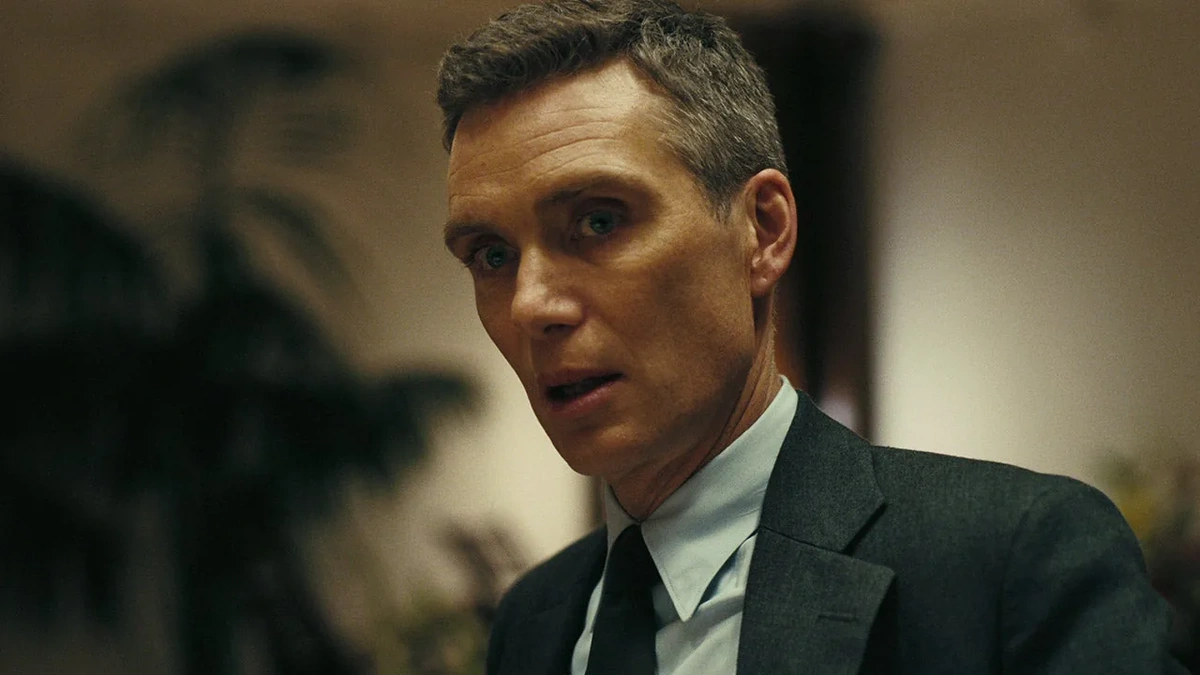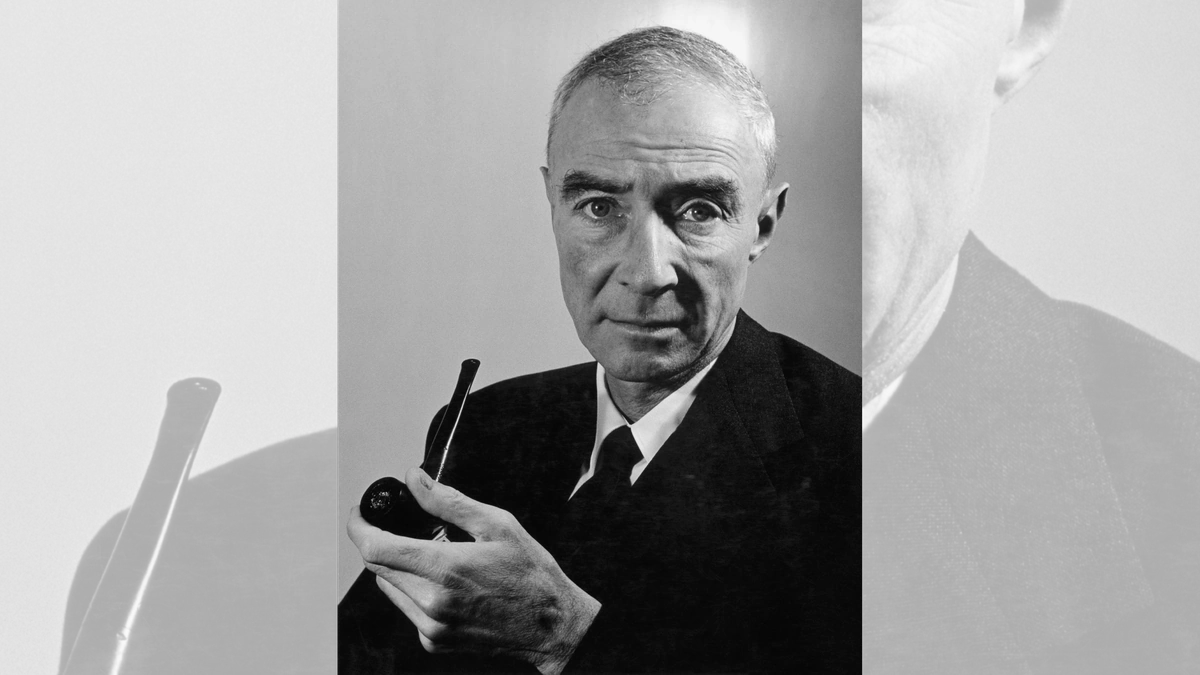The Real Oppenheimer Story | More Than Just a Movie
Okay, let’s be honest. You’ve probably seen the movie, or at least heard everyone buzzing about Oppenheimer . But here’s the thing: the film only scratches the surface. The real story is so much more complex and, frankly, way more fascinating. I initially thought it was just about the creation of the atomic bomb, but digging deeper, I realized it’s a tangled web of ambition, moral dilemmas, and the sheer terror of scientific discovery.
The Man Behind the Myth | J. Robert Oppenheimer’s Contradictions

J. Robert Oppenheimer wasn’t your typical scientist. He was a brilliant physicist, sure, but also a deeply flawed individual. He was a professor at Berkeley and Caltech. He was known for his charisma and his ability to inspire. But he also had a dark side. He struggled with depression and harbored secrets that would later come back to haunt him. What fascinates me is how these contradictions shaped his role in history.
Oppenheimer’s involvement with the Manhattan Project is the most well-known part of his story. He was chosen to lead the Los Alamos Laboratory, the top-secret facility where the atomic bomb was designed and built. Thepressure was immense. The stakes were impossibly high. He assembled a team of the best minds in the world, and together, they achieved what many thought was impossible. The Trinity test, the first detonation of a nuclear weapon, was a success. But Oppenheimer, witnessing the destructive power he had unleashed, was forever changed.
The Moral Quagmire | Did Oppenheimer Save the World or Doom It?
This is where the story gets really interesting. Was the creation of the atomic bomb a necessary evil? Did it shorten World War II and save countless lives? Or did it open Pandora’s Box, ushering in an era of nuclear proliferation and the constant threat of annihilation? There are no easy answers, and Oppenheimer himself wrestled with these questions for the rest of his life. The “father of the atomic bomb” later advocated for international control of nuclear weapons, a position that put him at odds with some powerful figures in the US government.
Consider this: the bombing of Hiroshima and Nagasaki resulted in the deaths of hundreds of thousands of people. It was a horrific event, and the moral implications are still debated today. But what if the war had continued without the bomb? What if the Soviet Union had developed nuclear weapons first? These are the kinds of questions that keep historians and ethicists up at night. And Oppenheimer, the man at the center of it all, bore the weight of these questions more than anyone.
The Fall From Grace | Oppenheimer’s Security Hearing and Legacy
After the war, Oppenheimer became a target of suspicion during the Red Scare. His past associations with communists and his opposition to the hydrogen bomb led to a security hearing in 1954. The hearing, conducted by the Atomic Energy Commission , was a sham. Oppenheimer was stripped of his security clearance, effectively ending his career in government service. But, the truth is, the reasons for his fall are more complex. It wasn’t just about his politics. It was about power, jealousy, and the fear of a man who knew too much.
Let me rephrase that for clarity: Oppenheimer became a victim of the very forces he helped create. The paranoia and suspicion that gripped the nation during the Cold War consumed him. His legacy is complex. He’s remembered as a brilliant scientist, a tragic figure, and a symbol of the moral dilemmas of the nuclear age. In 2022, the Department of Energy vacated the Atomic Energy Commission’s decision of 1954, saying the hearing violated the Commission’s own regulations.
Oppenheimer’s Enduring Impact on Science, Ethics, and Society
Oppenheimer’s story continues to resonate today. The threat of nuclear war remains a real and present danger. The ethical questions raised by his work are more relevant than ever. As per the information available at theDepartment of Energy, the ongoing efforts to prevent nuclear proliferation and promote disarmament are a direct result of the lessons learned from the nuclear age . Oppenheimer’s influence extends beyond the realm of science. He forced us to confront the uncomfortable truths about ourselves and the world we live in.
A common mistake I see people make is viewing Oppenheimer as simply a scientist. He was a philosopher, a leader, and a deeply flawed human being. The one thing you absolutely must remember about his story is that it’s a cautionary tale about the dangers of unchecked power and the importance of moral responsibility.
But, what fascinates me most is how his story continues to evolve. Each generation interprets his legacy in its own way. And that, perhaps, is the most enduring testament to his impact.
One more thing. Here is the link to another interesting article that you might like.
FAQ About J. Robert Oppenheimer
Was Oppenheimer a communist?
Oppenheimer had associations with communist groups in the 1930s, but he was never a member of the Communist Party.
Why was Oppenheimer’s security clearance revoked?
His security clearance was revoked due to concerns about his past associations and his opposition to the hydrogen bomb.
What was the Manhattan Project?
The Manhattan Project was the top-secret US government project that developed the atomic bomb during World War II.
What is Oppenheimer’s legacy?
Oppenheimer is remembered as a brilliant scientist, a tragic figure, and a symbol of the moral dilemmas of the nuclear age.
How does Oppenheimer’s story relate to today’s world?
The threat of nuclear war and the ethical questions raised by Oppenheimer’s work remain relevant in today’s world.













